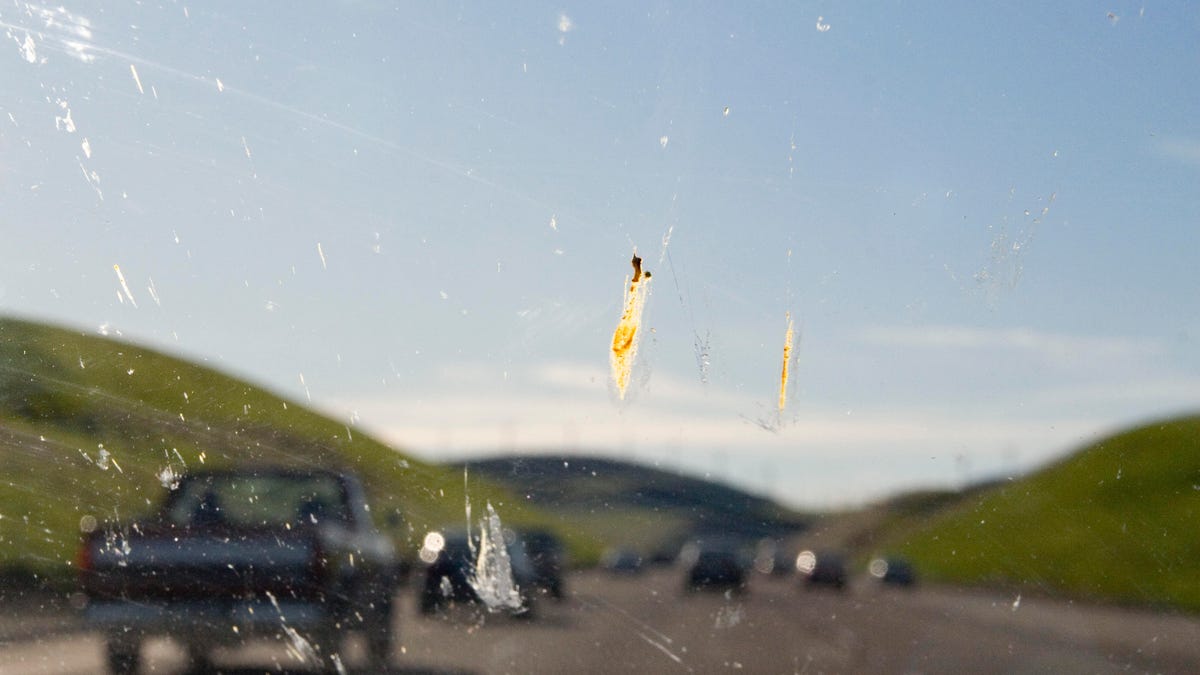Car splatter tests show major decline in insect abundance, study says
Fifty percent fewer insects were found squashed on license plates in a UK survey last year.

Insect splats on cars have decreased, indicating a drop in abundance, according to studies.
Studies examining the number of bugs splattered by cars show a significant dip in the abundance of insects at sites in Europe over the last several years, according to a Wednesday report by The Guardian.
A UK survey from last year looked at splats on a sampling grid that members of the public placed on car license plates. They were then asked to record how many insects were squashed on the plates. The study, which looked at around 700 car journeys, found there were 50% fewer insects squashed on the plates in 2019 than in 2004.
These findings align with other concerns about insect population declines globally. "However, more data over a number of years will be required to confirm the direction of any trend as this study is based on observations from two points in time," the study says. "it does not constitute a decline in itself."
Another survey from Denmark that looked at data collected each summer from 1997 to 2017 identified an 80% drop in abundance. It used data from an average of 65 car journeys a year going the same speed on the same road during that time span.
A decline in insect populations could be catastrophic for ecosystems, a global scientific review published last year suggests, especially given that insects pollinate three-quarters of crops. Pesticides, climate change and the destruction of natural habitat have all been cited as causes of the decline.
First published Feb. 13 at 2:38 p.m. PT.
Update, 3:05 p.m. PT: Adds background details on the decline in insect populations.

